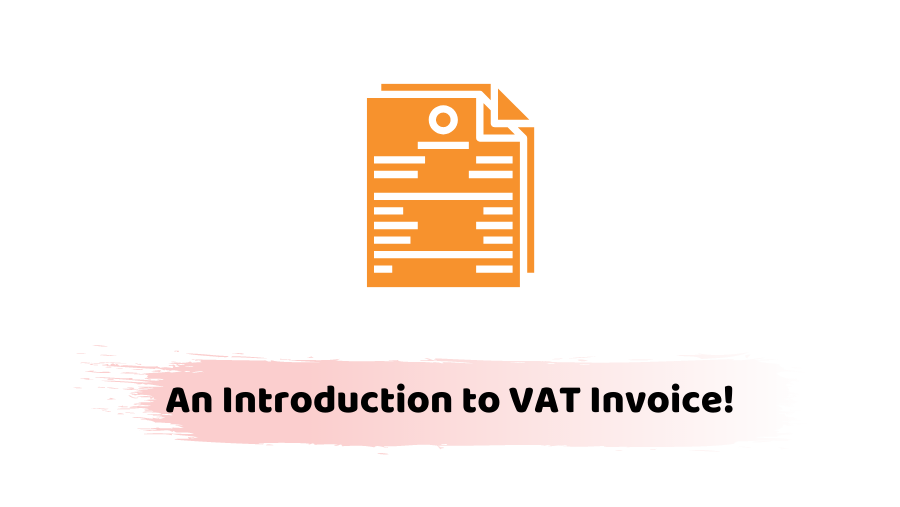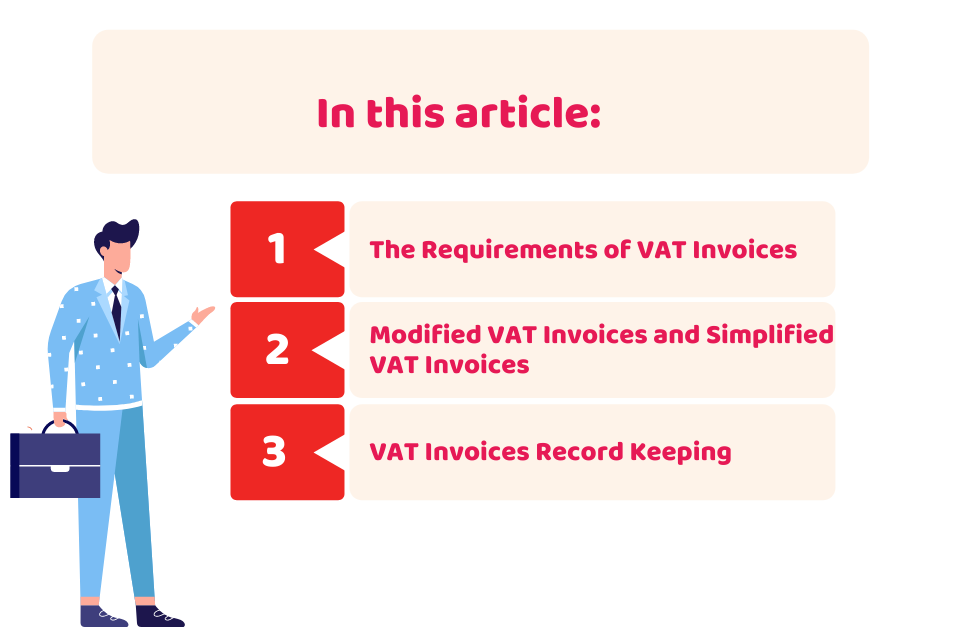Not all businesses are allowed to issue VAT invoices because not all businesses are VAT registered. This statement clearly means that to issue a VAT invoice your business has to be VAT registered as well as it becomes compulsory with the condition when a customer is a VAT registered. Now the question that arises here is that what is a VAT invoice? In simple words, we can say that a VAT invoice is a special kind of invoice that is suggested to be issued when a specific sale is up for VAT tax.
Moreover, this is important to know that if your business is not VAT registered, you can simply not charge sales tax and you can only issue the standard type of invoices. Further in this article, we will discuss:
- The Requirements of VAT Invoices
- Modified VAT Invoices and Simplified VAT Invoices
- VAT Invoices Record Keeping
Accotax Chartered Accountants in London is a dedicated firm based in Morden, UK. Call us at 02034411258 or send us an email at [email protected].
The Requirements of VAT Invoices:
There are certain requirements to make VAT invoices legal, compliant and complete. According to HMRC, the requirements includes the following:
- Sequential invoice number which should be unique
- The business name
- The registered office address
- VAT number
- Amount of VAT in total
- Discounts that were applied to items
- The item quantity
- The due amount
- VAT rate that was charged on every item
- Price of every item without including VAT
- Services and products description
- The date on which supply was sent
- The name and address details of your customer
Interested in ACCOTAX – Accountants in London? Why not speak to one of our qualified accountants? Give us a call on 02034411258 or request a callback. We are available from 9:00 am – 05:30 pm Monday to Friday.
Modified VAT Invoices and Simplified VAT Invoice:
When you have to issue VAT invoices, the requirement is that you have to issue full VAT invoices. However, some kinds of transactions are good to go even if you issue a simplified VAT invoice or modified VAT invoice.
Usually, retailers are subject to issuing simplified and modified invoices. This is because retailers are the individuals who are directly in selling and dealing with the consumers and normally it is not necessary to issue the invoices at this point. However, sometimes the customers ask for the invoice and the retailer can provide the modified or simplified invoice.
Looking for all-inclusive monthly packages? Let us take care of your affairs so that you can focus on your business.
The question that might arise here is that what exactly do we mean by modified VAT invoice and simplified VAT invoice? The details of both types are as given here:
Modified VAT Invoice:
If the limit of sale reaches £250 or more than that then the retailer can issue modified VAT invoices. However, it is a must that the requirements explained by HMRC must be considered and met seriously. If we talk about the major factor that makes a full VAT invoice and a modified VAT invoice different, this will not be wrong to say that the total amount due including VAT and tax due amount are the prominent factors in this regard.
Simplified VAT Invoice:
Just on the contrary if the value of your invoice goes lower than £250, the retailer is bound to issue a simplified VAT invoice rather full VAT invoice regardless of if it is a retailer business or any other company. These kinds of invoices do not need the date and other details of the customer, neither is required in the simplified VAT invoice to add prices details, unlike the full VAT invoice.
It primarily needs a display of VAT that is being charged and what is the total amount after including VAT.
Get an instant quote based on your requirements online in under 2 minutes, Sign up online or request a callback.
VAT Invoices Record Keeping:
If you carry out a business that is VAT registered, it is one of the basic requirements that you maintain a record of your VAT invoices and the minimum time period for the record is six years. You can come to a point where HMRC might require and ask you to provide the records for the sake of checking that you have been charging the right amount of VAT.
Ensure that the records are maintained in such a manner that is easy to read, complete and accurate as well.
The Bottom Line:
Now that you have developed a better understanding of what is VAT invoice, we can sum up the discussion by saying that it only becomes a must if you carry out a business that is VAT registered. Other businesses are good to go with simplified and modified VAT invoices.
Can’t find what you are looking for? why not speak to one of our experts and see how we can help you are looking for.
Disclaimer: This article intends to provide general information based on what is a VAT invoice.






















































